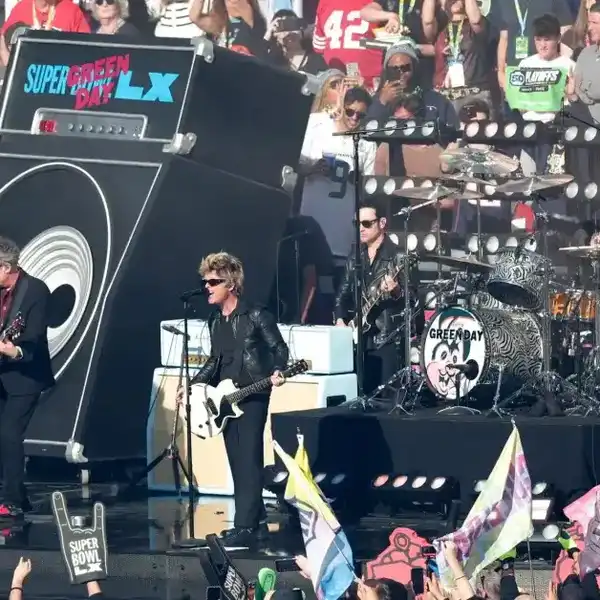SamaritanMag Q&A With ...Busty And The Bass
Montreal-based nine-piece soul-pop band Busty and the Bass is using its newfound clout to launch an on-the-ground, in-the-schools’ music education initiative.

By Aaron Brophy
There are a few cliché things emerging pop bands are known to do once they start to make it. Maybe it's a fancy new car, or clothes, or maybe some wild parties where who knows what'll happen? It's entirely possible Montreal-based nine-piece soul-pop band Busty and the Bass have done all these things (we've got no insider knowledge one way or the other).
Somewhat less common is a band like Busty and the Bass coming straight off a breakthrough gig at Toronto's Danforth Music Hall, after the release of their album Uncommon Good in the fall, using their newfound clout to launch an on-the-ground, in-the-schools’ music education initiative.
The form of B&B's new pursuit hasn't been fully defined yet. The band – Scott Bevins, trumpet; Mike McCann, trumpet; Chris Vincent, trombone; Nick Ferraro, alto sax, vocals; Louis Stein, guitar; Milo Johnson, bass; Julian Trivers, drums; Eric Haynes, piano, keyboards; and Alistair Blu, keyboards, synths, vocals – are willing to do proper sets in grade school cafeterias, one-on-one tutoring drop-ins with music classes, or something in-between. They just know they want to do something.
This is entirely fitting considering Busty and the Bass originally emerged out of McGill University's jazz program (some band members even used the act to secure related school credit) and their earliest support came from being the go-to campus party band. But the band's guitarist Louis Stein told Samaritanmag, "all of us are products of not-well-funded music education." – Continue reading on SamaritanMag
















